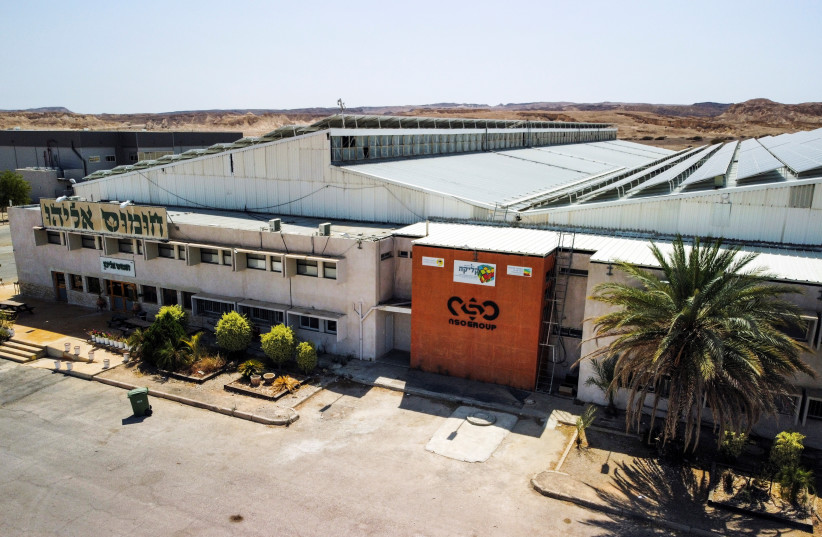The Israel Police's use of NSO's Pegasus cell phone hacking technology serves as an example of how the proposed judicial reform could lead to violations of privacy, Deputy Attorney General Amit Merari said during a Knesset session on Monday.
The session was held at the bequest of a number of opposition MKs. Its purpose was to discuss Merari's report from the summer of 2022 about the police's use of the technology, which was first revealed by Calcalist in a series of exposes in February 2022. Calcalist claimed that the police had used Pegasus to illegally hack defendants' cell phones, even without regard to an ongoing investigation or to clarify suspicions of committing criminal offenses, and without a judicial order having been received. Some of the people hacked were witnesses in the ongoing trial of Prime Minister Benjamin Netanyahu.
Merari's report indicated that the basic allegations were unfounded. The report found that while the law in Israel lagged in its ability to address advanced technologies such as Pegasus, the police never acted without a warrant.
The report acknowledged that in a number of cases, the police’s cyber unit’s “Ciphon” technology (a less advanced version of NSO’s Pegasus cell phone hacking technology) automatically and systematically collected information from cell phones beyond what it was supposed to. This collection often went beyond the parameters set by court orders that were ostensibly the basis for hacking the cell phones.
However, almost none of the hacked material which was collected beyond what courts authorized was ever used by the police investigations unit for cases, the report found.

Legal oversight required during implementation of new systems - Merari
In addition, the report said that the police rarely fully explained to judges the extent of the invasiveness of the technology they would be using, finding instead that the courts generally thought they were approving something akin to wiretapping.
Merari thus stressed during the session that in order to overcome the legal vacuum, close legal oversight by the police's legal advisors and by the attorney general's office was required during the process of implementing new systems.
"Full notification and participation of the police's legal counsel are required regarding issues that arise during the use of technology. In my eyes, this is a clear example of how the lack of adequate legal support can lead to a violation of authority and a violation of rights," Merari said, hinting at a component of the government's judicial reform that wishes to reduce the power of legal advisors in government systems.
A chief opponent of Merari during the session was former Police Investigations Department deputy chief and current Likud MK Moshe Saada.
Saada called for a government commission of inquiry into Merari's conduct, the police's conduct and even the courts' handling of the issue, saying that Merari was picked to whitewash the issue. Saada did not provide evidence to back this claim.
One controversial fact revealed by an update issued by Merari was that only six out of over 2,700 requests to courts for warrants to hack defendants' cell phones were rejected, framing the courts as a rubber stamp.
